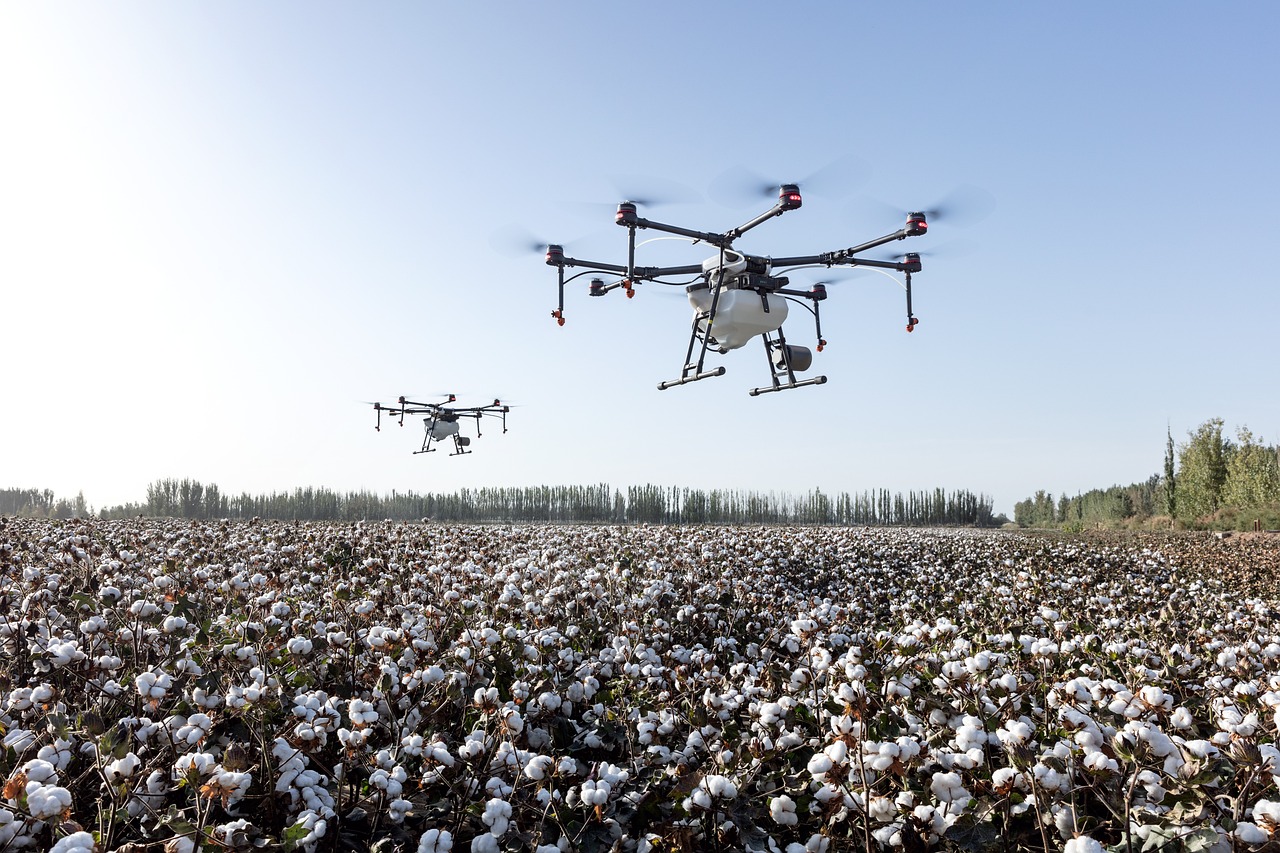Drone insurance in India is crucial for mitigating risks, ensuring compliance, and protecting operators from financial and legal liabilities. It covers physical damage, third-party liabilities, payload, and business interruptions. Applications span industries like agriculture, construction, logistics, media, surveillance, and disaster management.
Eligibility includes DGCA certification, drone registration on the Digital Sky Platform, and a valid Remote Pilot Certificate. Common types of insurance include hull insurance, third-party liability, and payload coverage. Policies are influenced by factors like drone value, usage type, and operator experience. Leading insurers in India, such as Tata AIG, HDFC Ergo, and IFFCO Tokio, offer tailored plans for different sectors.
While drone insurance ensures operational continuity and compliance, challenges like high premiums and regulatory complexities persist. For drone operators, investing in insurance ensures safety, legal coverage, and peace of mind.
What is Drone Insurance?
Drone insurance is a specialized form of insurance that covers financial losses and liabilities arising from the operation of drones. These policies typically cover:
- Physical Damage: Loss or damage to the drone due to accidents, theft, fire, or natural calamities.
- Third-Party Liability: Covers legal and financial claims arising from injury, property damage, or privacy violations caused by the drone.
- Payload Coverage: For high-value sensors, cameras, or equipment attached to the drone.
- Business Interruption: Protection against financial losses caused by downtime due to drone damage or malfunction.
Applications of Drone Insurance
Drone insurance is critical across a variety of sectors:
- Agriculture: Covers drones used for spraying pesticides, fertilizers, and crop monitoring.
- Construction and Infrastructure: Drones used for site surveys, progress monitoring, and inspections.
- Entertainment and Media: For drones used in aerial photography and videography during shoots or live events.
- Logistics and Delivery: Ensures safe and insured delivery of packages and goods.
- Security and Surveillance: For drones used by police forces, private security, and surveillance companies.
- Disaster Management: Covers drones used for rescue missions, damage assessment, and relief delivery.
- Research and Mapping: Protection for drones deployed for scientific research, environmental studies, and land mapping.
Eligibility for Drone Insurance
To be eligible for drone insurance in India, the operator or owner must meet certain conditions:
- DGCA Certification: The drone must be certified by the Directorate General of Civil Aviation (DGCA) in India, and operators should have a valid Unmanned Aircraft Operator Permit (UAOP).
- Drone Registration: The drone must be registered on the DGCA’s Digital Sky Platform.
- Pilot Requirements: The operator should possess a Remote Pilot Certificate issued by an authorized training organization.
- Adherence to Guidelines: The drone must comply with DGCA’s operational guidelines, including no-fly zones and altitude restrictions.
- Usage Documentation: Applicants should provide details about how and where the drone will be used (e.g., commercial, agricultural, or personal purposes).
Types of Drone Insurance
- Hull Insurance: Covers damage to the drone itself due to accidents, crashes, or theft.
- Third-Party Liability Insurance: Covers legal and financial claims resulting from injury or property damage caused by the drone.
- Payload Insurance: Protection for attached payloads like cameras, sensors, or spraying equipment.
- War and Hijacking Coverage: Covers risks arising from war, terrorism, or hijacking.
- Personal Accident Coverage: For injuries to the pilot or operator during drone operations.
Why is Drone Insurance Important?
- Legal Compliance: As per DGCA regulations, third-party liability insurance is mandatory for all drones used in India.
- Risk mitigation: Drones are vulnerable to crashes, technical failures, and adverse weather conditions. Insurance helps mitigate these risks.
- Cost Management: High-value drones and payloads are expensive to repair or replace. Insurance reduces out-of-pocket costs.
- Operational Continuity: In case of damage or theft, insurance ensures minimal disruption to business operations.
- Liability Protection: Protects operators and companies from lawsuits arising from accidents or damages caused by drones.
Process for Getting Drone Insurance in India
- Choose the Right Policy: Select coverage based on your drone’s usage (e.g., hull, liability, or payload coverage).
- Provide Documentation: Submit details such as the drone’s DGCA certification, registration, and operator’s license.
- Risk Assessment: Insurers may conduct an evaluation of the drone’s specifications and the intended use.
- Premium Payment: Pay the premium based on the type of insurance, coverage limits, and risk profile.
- Receive Policy: Once approved, the insurer will issue the policy.
Top Drone Insurance Providers in India
- Tata AIG: Offers hull and third-party liability insurance for commercial and agricultural drones.
- HDFC Ergo: Provides comprehensive drone insurance covering accidental damage, theft, and liability.
- IFFCO Tokio: Focuses on agricultural drones with specific policies for crop monitoring and spraying applications.
- Bajaj Allianz: Covers drones used in logistics, entertainment, and security operations.
- Reliance General Insurance: Offers customizable policies with add-ons like payload coverage and personal accident insurance.
Factors Affecting Drone Insurance Premiums
- Drone Value: Higher value drones attract higher premiums.
- Usage: Drones used for high-risk applications like security or delivery may have higher premiums.
- Coverage Type: Comprehensive coverage is costlier than basic liability insurance.
- Operator Experience: Premiums may be lower for experienced pilots with clean operational records.
- Geographic Area: Operating in high-risk areas may increase premiums.
Challenges in Drone Insurance
- Lack of Awareness: Many drone operators are unaware of insurance requirements and benefits.
- High Premiums: Comprehensive coverage can be expensive for small businesses or individual operators.
- Regulatory Complexities: Adhering to DGCA guidelines and obtaining certifications can be cumbersome.
- Limited Providers: The drone insurance market in India is still evolving, with only a few specialized insurers.
Conclusion
Drone insurance is an essential investment for both hobbyists and businesses in India. It not only ensures compliance with DGCA regulations but also protects against financial and legal risks. With the increasing adoption of drones across various sectors, the demand for tailored insurance solutions is expected to grow significantly. Operators should carefully evaluate their requirements and choose policies that provide comprehensive coverage for their needs.



No Comments Yet
Login or Register to post comments